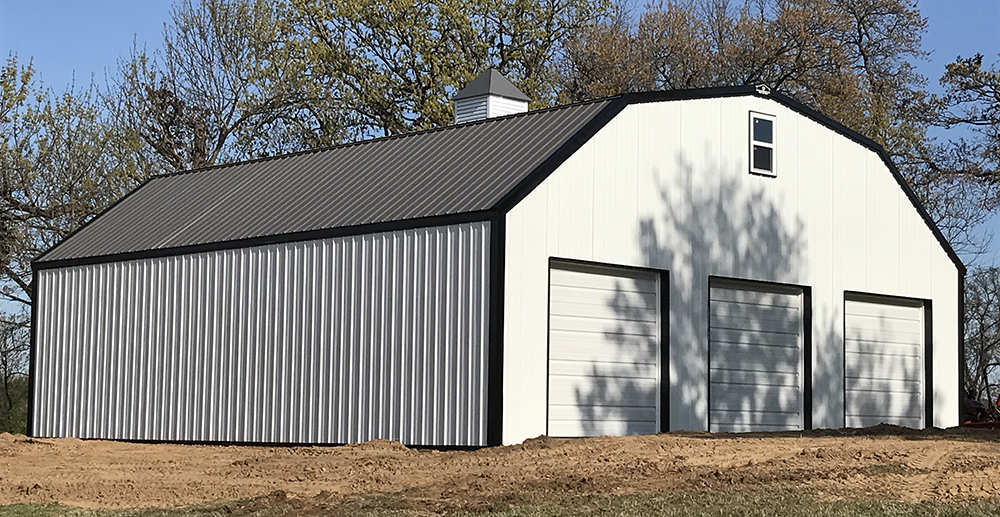Storing feed and grain properly is essential for maintaining their nutritional value and preventing spoilage, mold growth, and pests. Pole barns offer a versatile and affordable solution for storing large quantities of feed and grain. Still, it’s essential to follow best practices to ensure that your stored supplies remain in optimal condition. At D Cross Barn Co., we specialize in building custom pole barns that are perfect for agricultural storage, and we’re here to share some expert tips for storing feed and grain effectively.
1. Choose the Right Location
The location of your pole barn plays a critical role in preventing feed spoilage. Make sure the barn is placed on well-drained land to prevent water from seeping into the storage area, which can cause mold growth and damage. Avoid low-lying areas that may be prone to flooding. Additionally, placing the barn in an area with good airflow can help keep the temperature inside more consistent.
2. Ensure Proper Ventilation
Proper ventilation is one of the most important factors in preventing moisture buildup. Stale, humid air can lead to mold and mildew, both of which can spoil feed and grain quickly. Consider installing vents at both the roof and ground level to allow air to circulate freely throughout the barn. If possible, include windows or fan systems to enhance airflow, especially during the warmer months.
3. Elevate Feed and Grain
Keeping feed and grain off the ground is essential to prevent contamination and spoilage. Use pallets or shelves to elevate the storage containers, ensuring that they are protected from moisture and pests. This also makes it easier to inspect the grain regularly for signs of spoilage or infestations.
4. Use Secure, Airtight Containers
Storing grain and feed in airtight containers helps to protect them from moisture, pests, and rodents. Containers made of metal, plastic, or heavy-duty plastic bags are ideal for maintaining the quality of stored grains. Make sure to label each container with the date of storage to keep track of freshness.
5. Keep the Barn Clean and Pest-Free
Regularly clean the barn to remove any spilled grain or feed that may attract pests. Consider installing pest control measures such as rodent traps, bait stations, or insect repellents to keep critters out of your supplies.
By following these best practices, you can protect your feed and grain from spoilage, ensuring that your animals always have access to high-quality nutrition. D Cross Barn Co. can help design the perfect pole barn for your agricultural needs, one that maximizes storage space while keeping your feed and grain safe and fresh.

